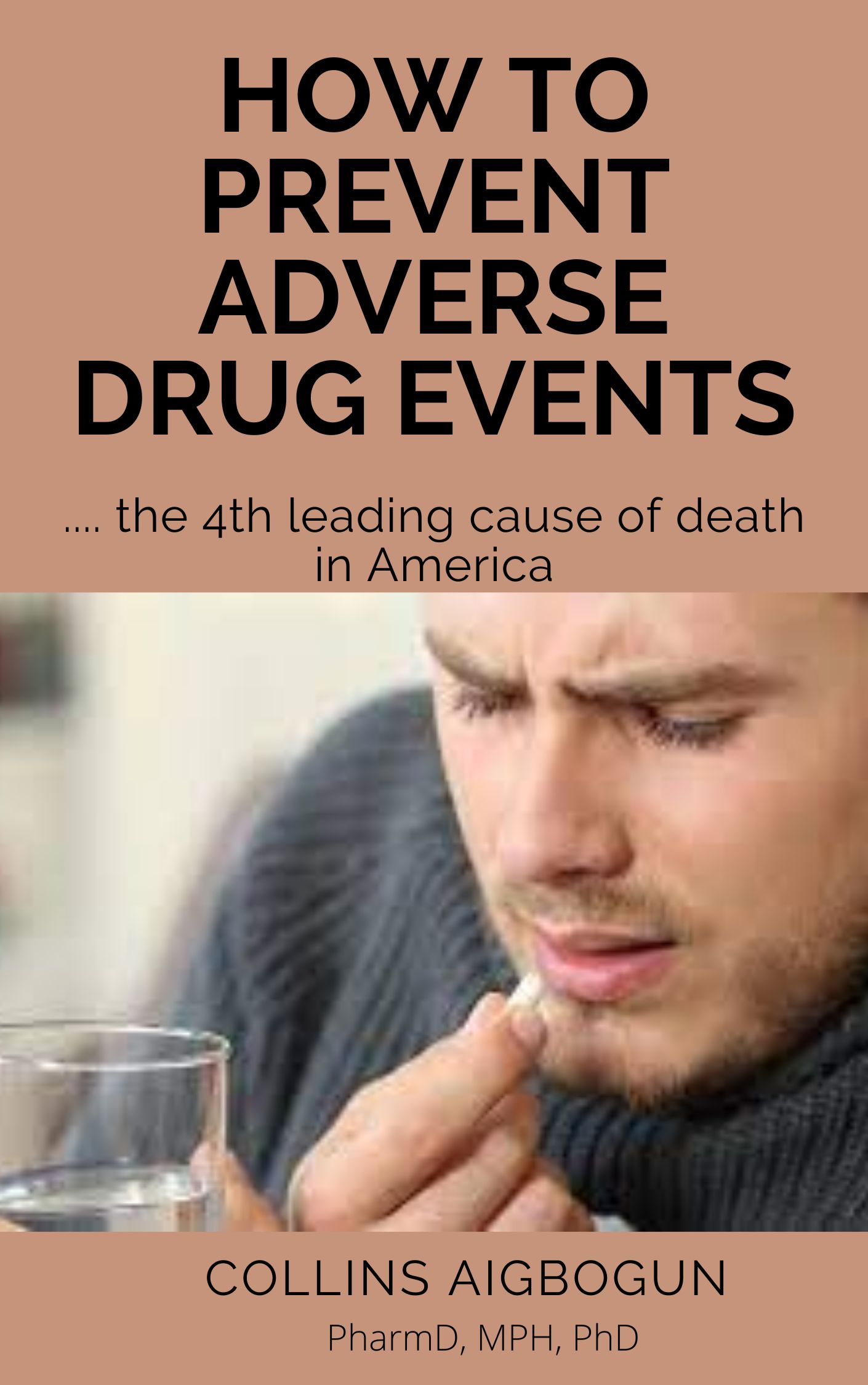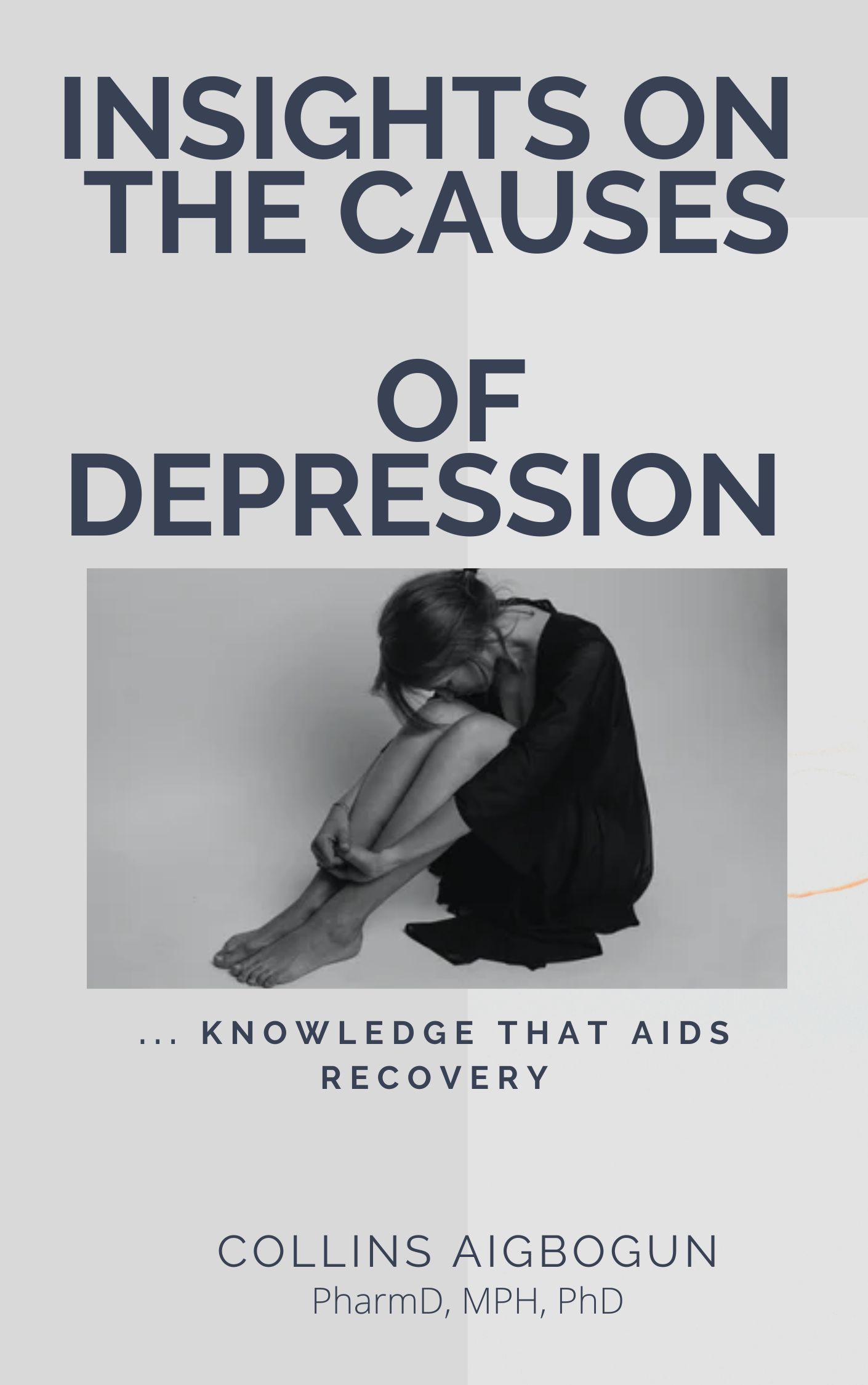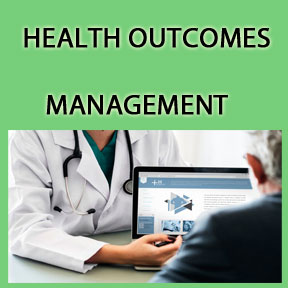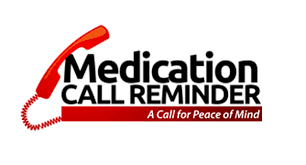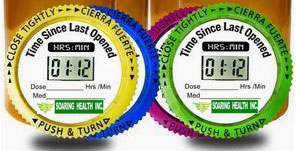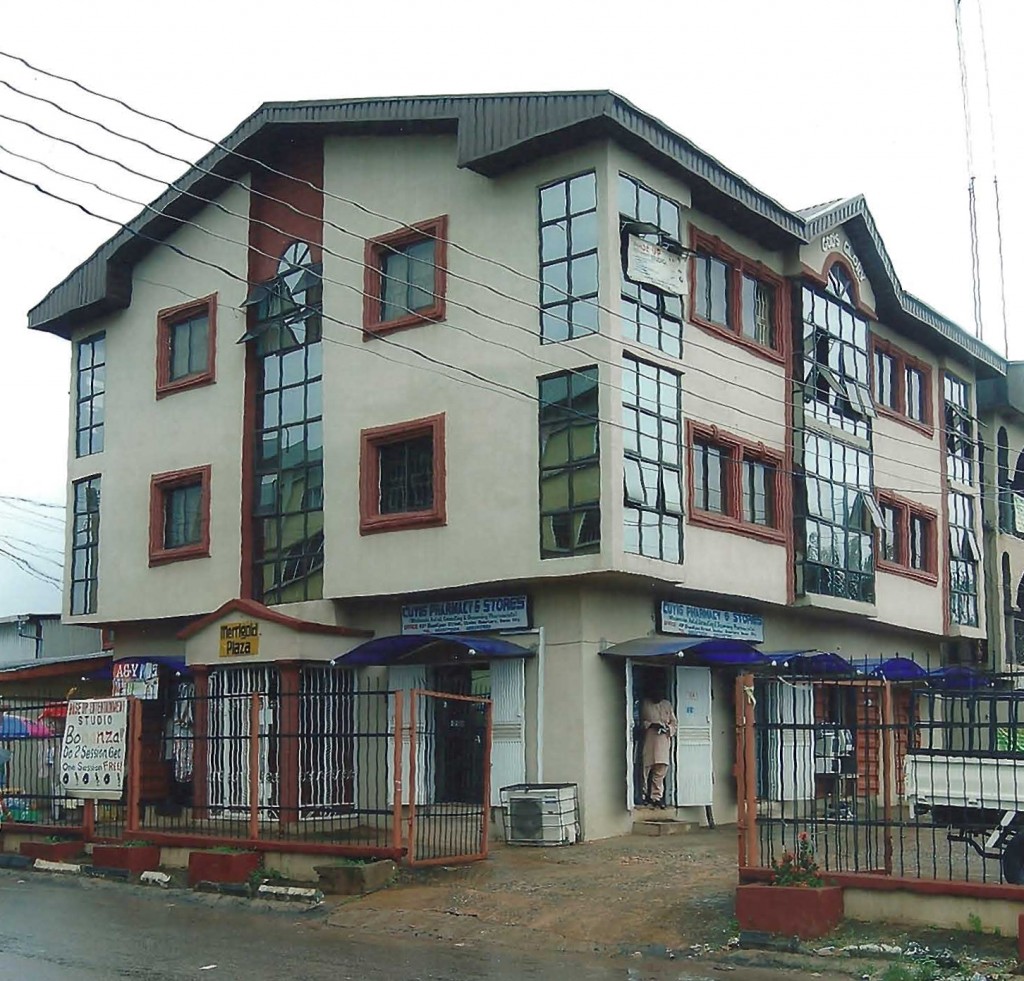Self-Esteem While Recovering from Drug Addiction
It isn’t easy to take steps towards drug recovery without realizing the need to be drug-free. The building of self-esteem requires personal efforts and honesty.
There is a need to answer a few questions before we begin the pathway to drug recovery. The questions include:
- Do I deserve happiness in my life?
- Should I expect to be accepted by others?
- What do I want out of life?
A sincere answer to these questions will help in the acknowledgment of our human strengths and weakness. This knowledge enables a patient to focus on areas of weakness in the pathway to drug recovery.
Remember, you are a unique individual and that you are as important as anyone else who tenaciously pursue their life goals. The ability to change our thoughts and perceptions is the beginning of creating a better life.
Positive affirmations are essential in building your self-esteem. They will become your mantra as you work on the areas that deserve some improvement. Positive affirmations are also helpful when you feel weak during the recovery process.
A positive affirmation can be anything you want it to be, but it must be positive! Here are a few to consider:
- I deserve to be happy.
- I am a person worthy of respect and acceptance from those around me.
- It is OK to accept a compliment.
- I believe that my life has meaning.
- When I become more confident, I can do anything.
- I am strong and can make it through today.
- I am more than a body; I am a soul, a heart, and a spirit. These parts of me have to heal so that I can be healthy.
Positive affirmations are more potent during a recital when looking into our eyes through a mirror. It helps to change our mindset to believe an absolute truth of possibility. Over time, you will believe your affirmations without any form of doubt or negative emotions. Emotions such as self-pity prevent people from enjoying life while creating a mindset of oblique hopelessness.
2. Always focus on the good aspects when you have bad experiences.
When bad things happen to you, try to focus on the positive things that can come of it. Make time for yourself to recite your positive affirmations. Work hard on focusing on the positives of life. When you are overwhelmed, think, “I am still alive, and I need to be thankful for that.”
You may want to try mind mapping. This is a technique used by teachers all over the world, and it can do wonders for you when keeping in mind your ultimate goals.
Take a piece of paper and make a circle in the center. Inside that circle, write one of your goals. Then take a line and draw it out from the circle. On that line, write a way you can go about achieving that goal. You may want to list things to avoid by starting with “Don’t” or “Not.” Make as many “feelers” as you need to.
Once you have completed your mind map, take it with you or post it someplace where you will see it every day. When you have the plan to refer to, you will be focusing on your goals and getting away from what will hold you back from seeing those goals realized.
3. Know your rights, abilities, and entitlements
Another step towards building self-esteem is to realize that you, as a person, have certain rights. These rights extend to more than just those guaranteed in the constitution. We are talking about your moral and ethical rights. These rights include the right to:
- Make your own decisions
- Pleasing yourself before you try to please others
- Dignity and respect
- Say “No” if you don’t want to do something
- Live without abuse and control from others
- Make mistakes and then learn from them
- Be treated like you treat others, which should be respectfully
The foundation for building self-esteem in the drug addiction recovery process is hinged to the ability to return to our former self of childish innocence. The time frame to full recovery will depend on several factors, including our individual experiences. Nevertheless, there is wisdom to stick to your plan to full recovery regardless of existing setbacks.
It is needful to receive support from family and friends during a drug addiction recovery period. Please share this information with family and friends who have challenges with addiction.




